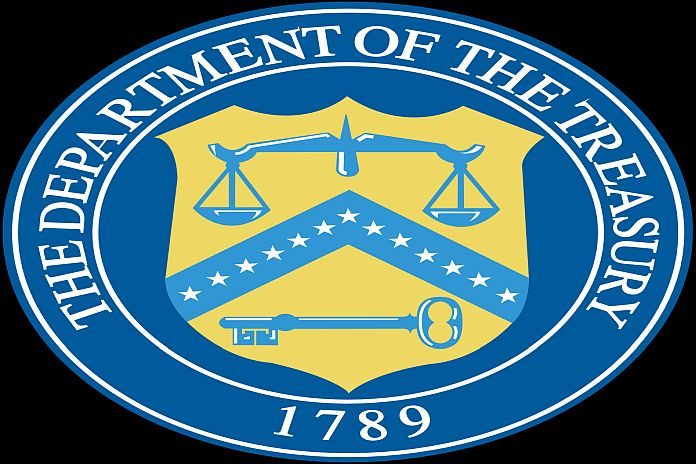WASHINGTON, USA — The US Department of the Treasury’s Office of Foreign Assets Control (OFAC) took action today against the 15 Khordad Foundation, an Iran-based foundation that has issued a multi-million-dollar bounty for the killing of prominent Indian-born, British-American author Salman Rushdie.
Since Ayatollah Ruhollah Khomeini’s order pronouncing a death sentence on Rushdie in February 1989, 15 Khordad Foundation has committed millions of dollars to anyone willing to carry out this heinous act. Since putting its bounty on Rushdie, the 15 Khordad Foundation, which is affiliated with the supreme leader, has raised the reward for targeting the author.
“The United States will not waver in its determination to stand up to threats posed by Iranian authorities against the universal rights of freedom of expression, freedom of religion or belief, and freedom of the press,” said undersecretary of the treasury for terrorism and financial intelligence Brian E. Nelson. “This act of violence, which has been praised by the Iranian regime, is appalling. We all hope for Salman Rushdie’s speedy recovery following the attack on his life.”
OFAC is designating 15 Khordad Foundation pursuant to Executive Order 13224, as amended, for having materially assisted, sponsored, or provided financial, material, or technological support for, or goods or services to or in support of, an act of terrorism.
15 Khordad Foundation
The 15 Khordad Foundation is a so-called charitable foundation subordinate to Supreme Leader Ali Khamenei. Since 1989, the 15 Khordad Foundation, inspired by Ayatollah Khomeini’s order calling for Rushdie’s execution, has proudly placed a bounty on the author’s life.
The call for Rushdie’s assassination, issued by Ayatollah Khomeini and financially backed by the 15 Khordad Foundation and other Iranian entities, has led to the death and injury of several people associated with Rushdie’s novel The Satanic Verses, including other writers, translators, and publishers. In 1991, the translator of The Satanic Verses into Japanese was assassinated in his office. Even people with no connection to the novel have been maimed or killed. In 1993, at least 37 people were killed when a mob burned down a hotel in Turkey that was hosting a writer who had translated Rushdie’s work.
The 15 Khordad Foundation maintains a multi-million-dollar bounty on Rushdie. As recently as 2012, the 15 Khordad Foundation increased its bounty on the author, bringing the total sum from $2.7 million to $3.3 million. The 15 Khordad Foundation’s leadership has publicly advertised their offer, claiming the entire sum would be given immediately to anyone who assassinated Rushdie.
Sanctions implications
As a result of today’s action, all property and interests in property of the entity named above, and of any entities that are owned, directly or indirectly, 50 percent or more by it, individually, or with other blocked persons, that are in the United States or in the possession or control of US persons, must be blocked and reported to OFAC. Unless authorized by a general or specific license issued by OFAC or otherwise exempt. OFAC’s regulations generally prohibit all transactions by US persons or within the United States (including transactions transiting the United States) that involve any property or interests in property of designated or otherwise blocked persons.
Furthermore, engaging in certain transactions with the entity designated today entails risk of secondary sanctions pursuant to E.O. 13224, as amended. Pursuant to this authority, OFAC can prohibit or impose strict conditions on the opening or maintaining in the United States of a correspondent account or a payable-through account of a foreign financial institution that knowingly conducted or facilitated any significant transaction on behalf of a specially designated global terrorist.
The power and integrity of OFAC sanctions derive not only from its ability to designate and add persons to the SDN List, but also from its willingness to remove persons from the SDN List consistent with the law. The ultimate goal of sanctions is not to punish, but to bring about a positive change in behavior.
For information concerning the process for seeking removal from an OFAC list, including the SDN List, please refer to OFAC’s Frequently Asked Question 897.
For detailed information on the process to submit a request for removal from an OFAC sanctions list, click here.





